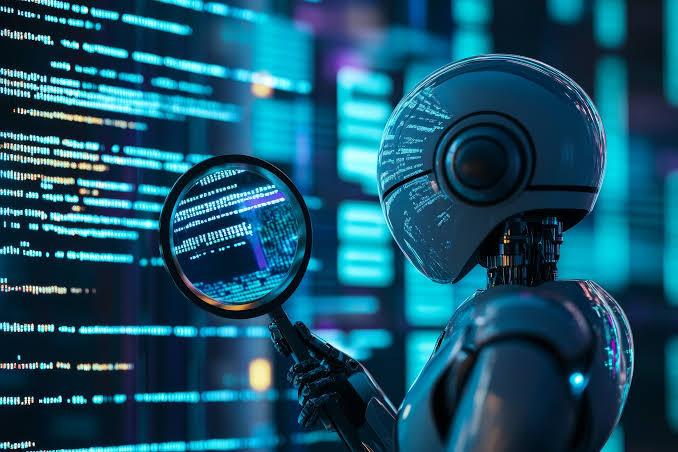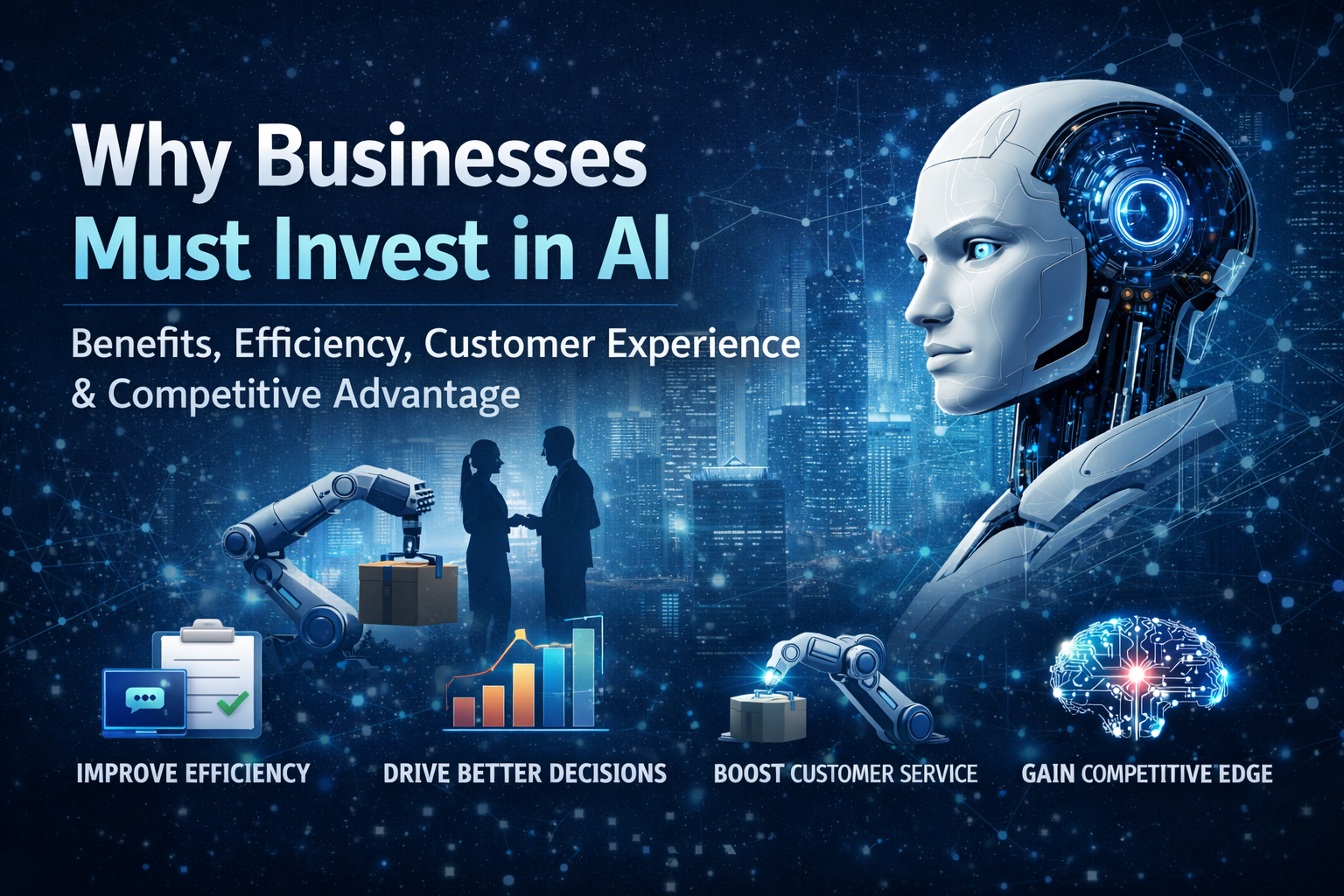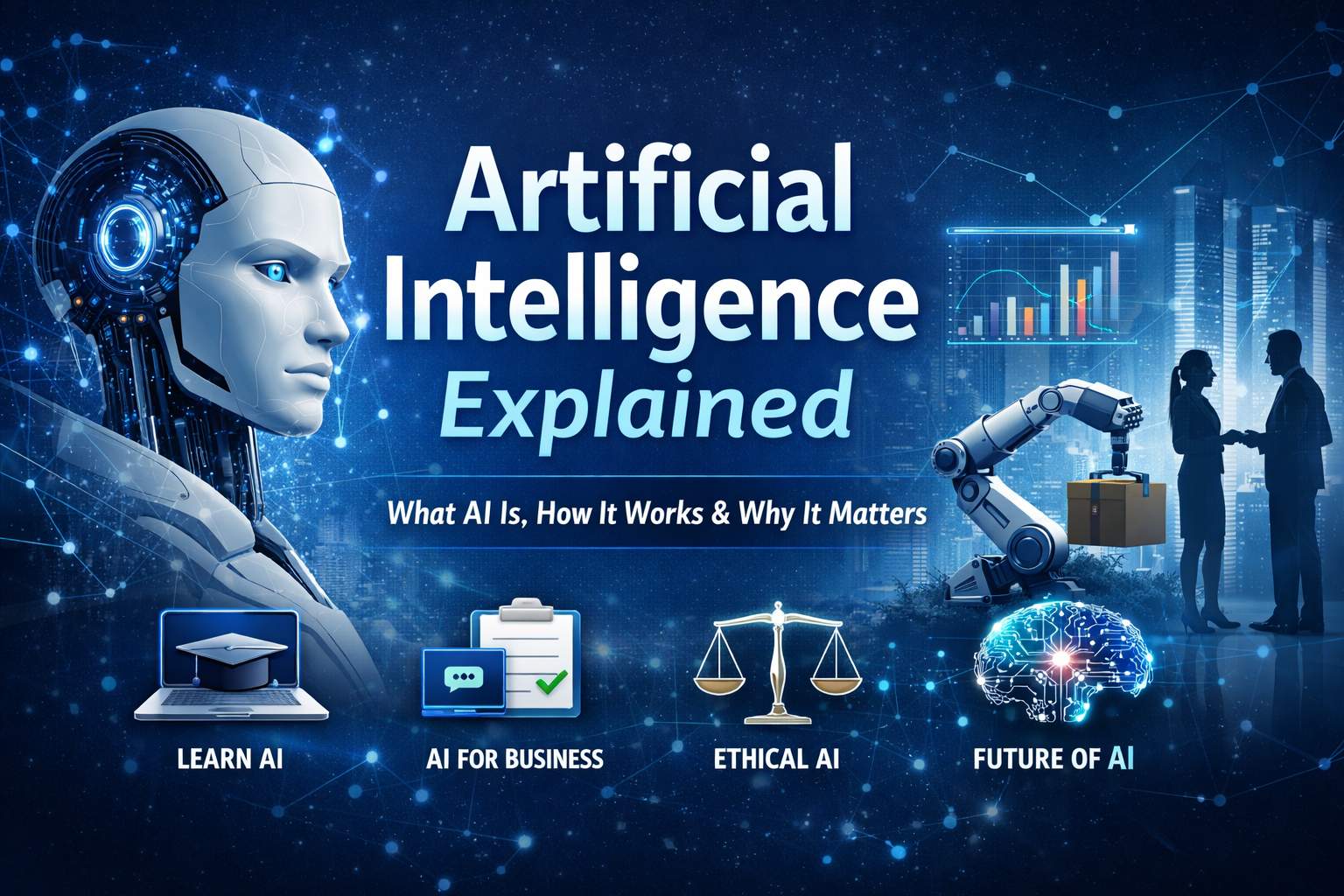Artificial intelligence continues to move at a lightning pace, and August 2025 was no exception. From lawsuits shaking the industry to groundbreaking product launches and research breakthroughs, this month gave us a glimpse of where AI is headed next. Below is a carefully curated roundup of the 20 most important AI developments in August 2025, explained in a way that brings clarity and value to both tech enthusiasts and everyday readers.
1. Elon Musk’s xAI Sues Apple and OpenAI
One of the biggest stories this month came from Elon Musk’s xAI, which filed a lawsuit in Texas against Apple and OpenAI. The complaint alleges that Apple unfairly gave OpenAI exclusive access to integrate its tools into iPhones, effectively locking out competitors like xAI. This move has sparked global conversations about antitrust issues in the AI space and whether Apple’s deep integration with one AI provider creates a monopoly-like ecosystem.
2. OpenAI Launches GPT-5.5 With Smarter Multimodal Abilities
OpenAI unveiled GPT-5.5, an upgrade that significantly improves multimodal functionality. Users can now interact with text, images, audio, and even video in a seamless way. Businesses are especially excited, as GPT-5.5 promises better reasoning, reduced hallucinations, and stronger enterprise-grade security. This could redefine how companies use AI assistants in customer service, education, and productivity tools.
3. Google DeepMind Introduces Gemini Cloud for Businesses
Google DeepMind announced Gemini Cloud, an enterprise-focused AI solution designed to compete directly with Microsoft’s Copilot and OpenAI’s enterprise APIs. Gemini Cloud allows companies to train private versions of Gemini models on their own data, while keeping sensitive information secure. This release highlights Google’s strategy to position itself as a major AI infrastructure provider.
4. Meta Expands Llama 4 Access to Developers
Meta continues to double down on open-source AI with Llama 4. This month, it expanded access to developers through new APIs and community-driven projects. By doing this, Meta hopes to create a counterweight to the closed AI ecosystems run by competitors. Analysts believe that open-source collaboration will accelerate innovation while also raising new questions about safety and misuse.
5. Microsoft Announces AI-Powered Windows Update
Microsoft revealed that the next major Windows update will embed Copilot AI deeper into the operating system. This means AI assistance will be available in file management, settings, productivity apps, and even gaming. Microsoft is betting big that AI will become as essential as the Start Menu, positioning Copilot as a must-use feature across all user experiences.
6. Apple Quietly Tests On-Device AI Chips
Even though Apple is facing lawsuits over its AI partnerships, the company has been quietly testing new on-device AI chips for iPhones and Macs. These chips are designed to handle AI tasks locally without relying on cloud services. If successful, this could give Apple a huge advantage in speed, privacy, and battery efficiency, making AI more accessible to everyday consumers.
7. Anthropic Releases Claude 3.5 for Research and Enterprise
Anthropic, the company behind the Claude AI family, launched Claude 3.5 this month. The new model focuses heavily on safety, factual accuracy, and reasoning skills. Universities and research institutions are showing early interest, especially since Claude 3.5 is designed to provide transparent explanations for its outputs. This could make it a trusted tool for academic work and corporate research.
8. AI Regulation Advances in Europe
The European Union moved forward with stricter AI regulations, aiming to enforce transparency, accountability, and risk categorization of AI tools. Companies will now need to clearly disclose when users are interacting with AI rather than a human. This step has sparked global debate: will regulation slow down innovation, or will it protect users from hidden dangers?
9. Amazon Alexa Becomes a Full AI Assistant
Amazon announced a major upgrade to Alexa, transforming it from a voice assistant into a full-fledged AI companion. Alexa can now hold multi-turn conversations, answer complex questions, and integrate with productivity tools. Amazon hopes this will reinvigorate the Alexa brand and make it competitive again against Google and Apple’s AI assistants.
10. Nvidia Surges Ahead With AI Chips
Nvidia remains the backbone of the AI revolution. In August 2025, it introduced the H200 Ultra GPU, optimized for large-scale AI training. Demand for Nvidia chips continues to soar, with cloud providers and startups scrambling to secure supply. This positions Nvidia as one of the most influential companies shaping the AI landscape today.
11. Stability AI Launches Next-Gen Stable Diffusion
Stability AI introduced Stable Diffusion 3.5, improving image quality, video generation, and fine-tuned control for creators. Artists and designers are praising the model for its ability to generate realistic visuals while respecting ethical guidelines. Stability AI’s strategy is to remain the go-to platform for creative professionals who want flexible and customizable AI art tools.
12. Adobe Integrates AI Deeper Into Creative Suite
Adobe rolled out updates to Photoshop, Illustrator, and Premiere Pro with stronger generative AI features. These tools now allow creators to generate realistic objects, extend backgrounds, and even script short video edits using natural language. Adobe markets this as “co-creation,” positioning its tools as a partner to human creativity rather than a replacement.
13. TikTok Experiments With AI-Powered Feeds
TikTok began testing AI-personalized feeds that adapt in real-time to user emotions and behavior. While the company claims this will improve engagement, privacy advocates are concerned about the psychological impact of such precise algorithmic tailoring. This experiment reflects the broader tension between personalization and ethical responsibility in AI.
14. AI-Generated Music Gains Momentum
Several startups, including Suno AI and Harmonify, gained traction in August with tools that allow anyone to create high-quality music tracks using AI. Musicians have mixed feelings, with some embracing it as a new creative tool and others warning it could disrupt the music industry in the same way streaming once did.
15. LinkedIn Rolls Out AI Career Coaching
LinkedIn introduced an AI-powered career coaching tool that helps users prepare resumes, practice interviews, and receive career path suggestions. This feature has already sparked interest among job seekers, particularly in competitive industries. For LinkedIn, this could strengthen its position as the world’s top professional networking platform.
16. AI Helps Discover New Drug Compounds
Pharmaceutical researchers announced that AI systems identified several promising new drug compounds for rare diseases. This breakthrough could drastically shorten the timeline for drug discovery, potentially saving lives and reducing costs. Healthcare experts believe AI-driven medicine is no longer a future concept but a present reality.
17. China Expands Its AI Supercomputing Projects
China revealed its latest AI supercomputing project, aimed at competing with U.S. and European capabilities. The project is designed to train ultra-large AI models for defense, healthcare, and infrastructure. Analysts see this as part of the global AI race, with geopolitics playing an increasingly important role in the field.
18. Startups Push AI in Education
Several edtech startups launched AI tutors capable of teaching students in real-time, adapting lessons to each learner’s needs. Parents and schools are cautiously optimistic, but questions remain about reliability, privacy, and the impact on teachers. Education may become one of the most transformed sectors if these AI tutors prove effective.
19. AI Faces Backlash Over Deepfakes
August 2025 also saw an increase in concerns over AI-generated deepfakes. Political campaigns, celebrities, and even businesses have reported being targeted by realistic fake videos. Lawmakers are under pressure to establish clearer rules, while tech firms are racing to build better detection systems.
20. Everyday AI Apps Keep Growing
Finally, the month showed that AI is not just for tech giants. A wave of smaller startups released apps for writing, productivity, fitness coaching, and even relationship advice powered by AI. Consumers are adopting these tools quickly, showing that AI is becoming part of daily life for millions.
Why This Roundup Matters
August 2025 reminded us that AI is not slowing down. From lawsuits that could reshape competition, to scientific discoveries that may save lives, artificial intelligence is influencing nearly every aspect of society. The key takeaway is that AI is no longer a futuristic buzzword. It is here, it is powerful, and it is shaping our economy, culture, and daily routines in ways that demand both excitement and caution.



.png)




